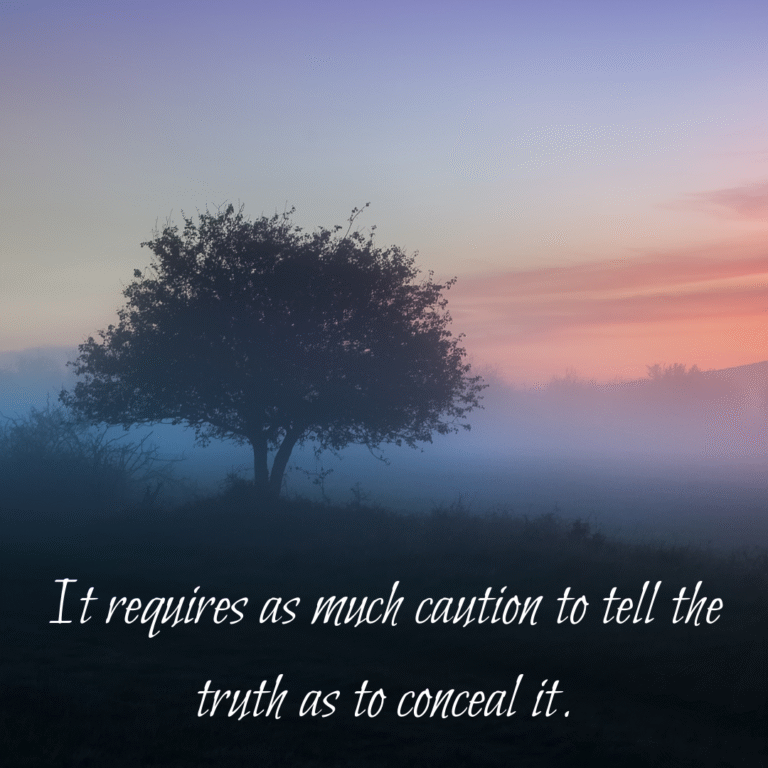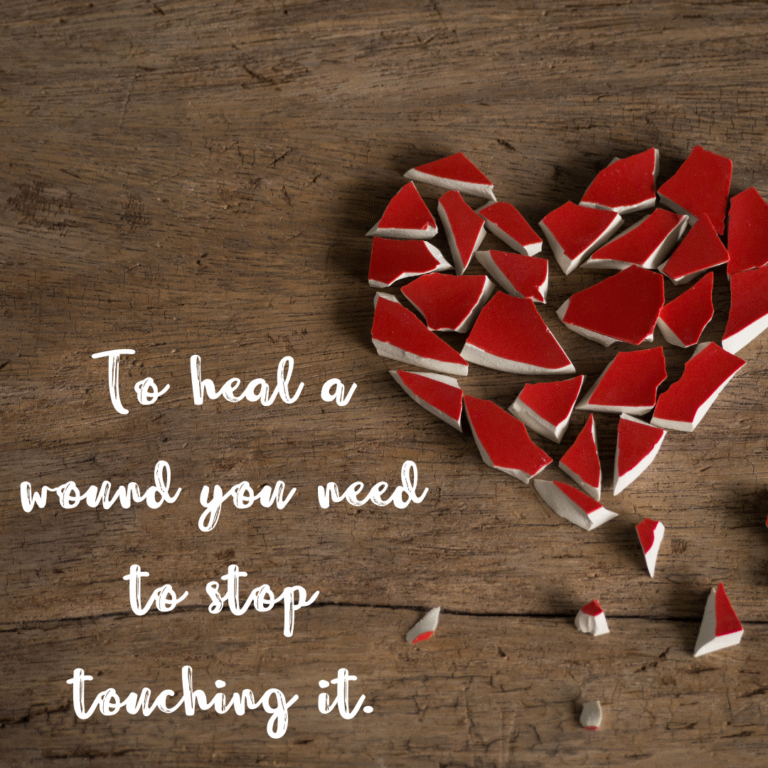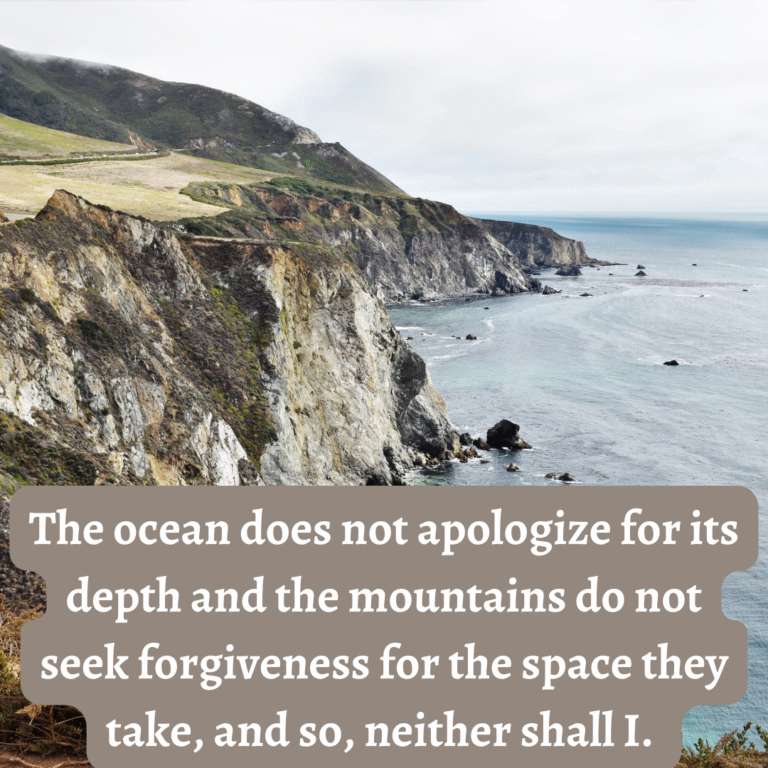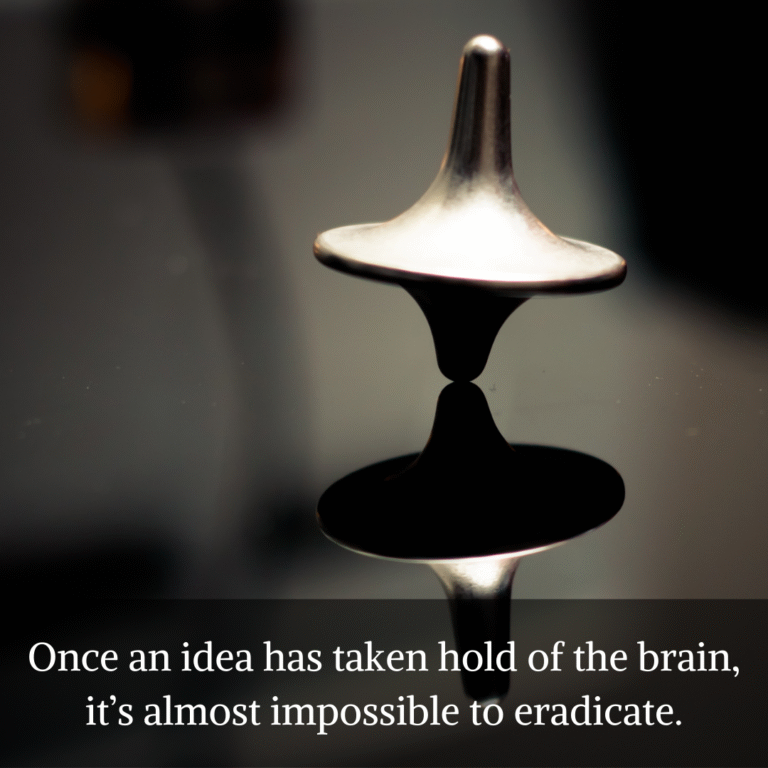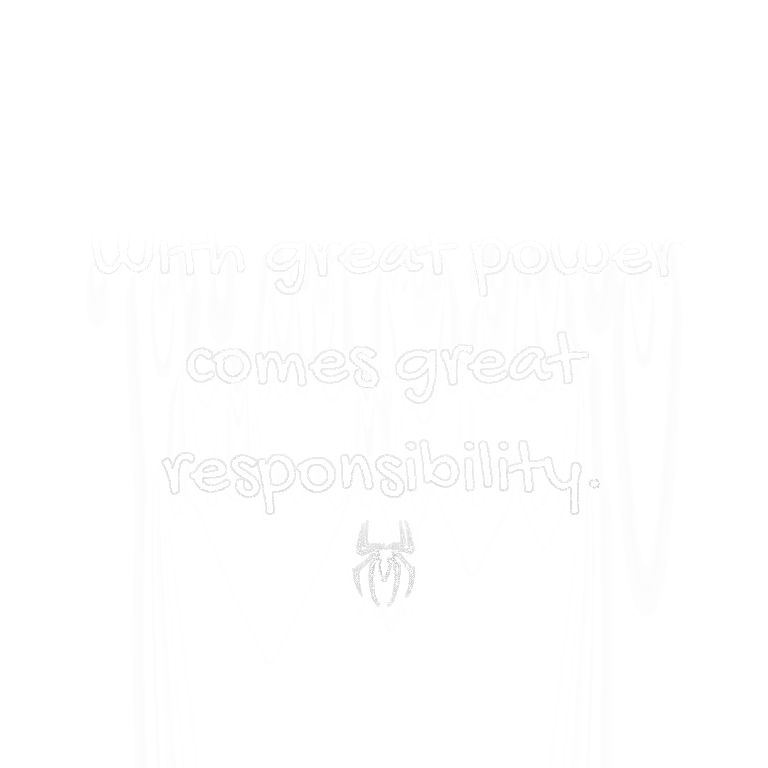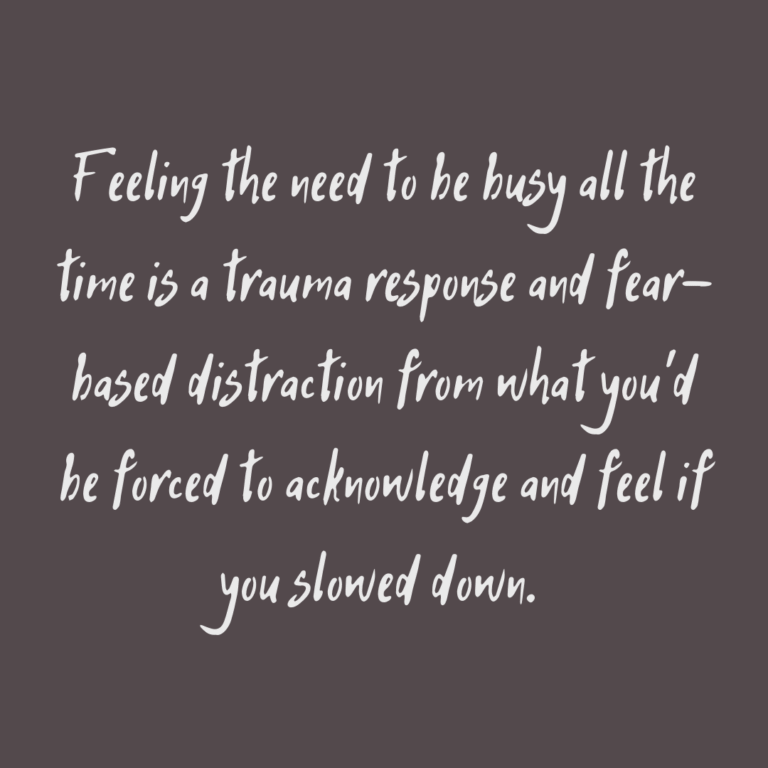It requires as much caution to tell the truth as to conceal it.
We tend to believe that we should always be honest and tell the truth. But should we?
For the most part, I believe we should. But, we should remember that some topics require just as much caution when telling the truth, as when one attempts to conceal it.
Case in point. When I worked for the man in Corporate America, I worked at a Silicon Valley tech company that claimed to have an open culture. They prized themselves on being the kind of company where employees could bring issues to management’s attention, so that problems could be corrected.
Well, sometimes speaking the truth about what the problems are in a company are not well received. At all.
One of my co-workers was a successful salesman. He was also really good at spotting issues in our internal systems that made selling software more difficult for reps. He was a bit outspoken, but, many reps went to him for help because he understood how to navigate all the issues we all were experiencing.
One day, during a meeting where we were talking about challenges in our current systems, he decided to bring it to management’s attention. He also had ideas about how things can be changed and corrected. We were all grateful to him for speaking up and telling management just how inefficient and problematic these hurdles we had were.
They heard what he had to say in the meeting. But after that, it became obvious that a couple of the higher ups were displeased with him speaking the truth. They actually made his life miserable in our division and tried to get him to leave. They couldn’t fire him because his sales numbers were good. Thankfully, he was able to find another position somewhere else and got out of there. But it was horrible. And shockingly, obvious.
You would think that a company would welcome that kind of honesty. But my guess is, some people didn’t like the attention it brought onto them and were mad about it.
It is important to tell the truth, but you also have to have the ability to discern whether or not the recipient is ready to hear it. And if they are, you may have to exercise caution when speaking up.

